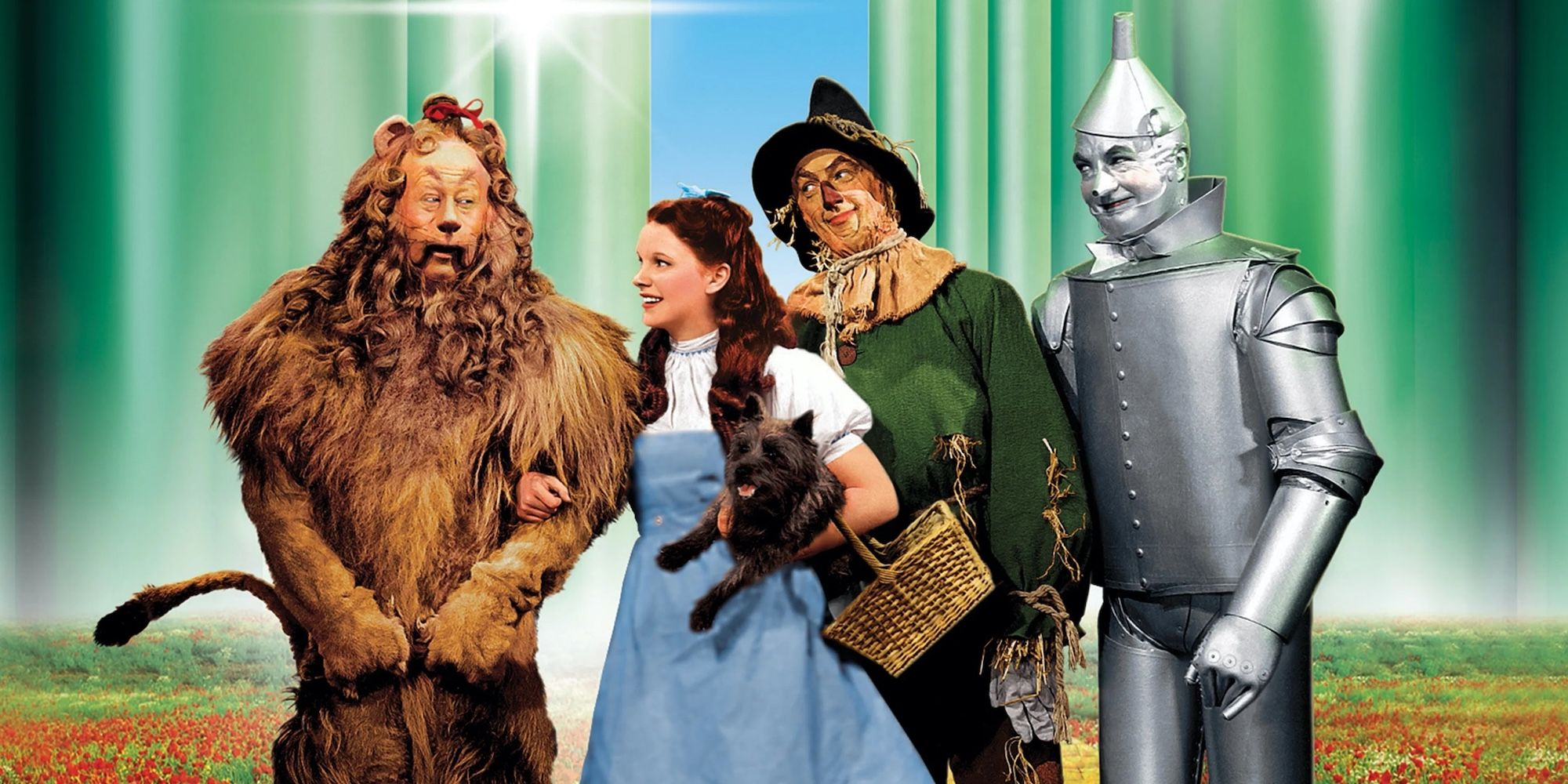Films sometimes take time to become properly appreciated. There are some that are either box office failures and/or poorly received by critics that have since become re-evaluated and seen as modern classics. And then there are the interesting cases: films that achieved both box office and critical success, yet were not successful in achieving the most coveted prize in the film industry – the Academy Award for Best Picture.
Sometimes, the film that is chosen as that year’s Best Picture is often either inferior to the one that’s more popular with critics and audiences, or is the right choice for the era but falls out of favor as time marches on. This is not to say the films that won Best Picture instead are necessarily bad. Just that, compared to what else was nominated that year, they either didn’t match the hype or have fallen by the wayside in favor of the nominated choices. And those unaware of the reasoning behind those choices can look back later on and wonder, “What were they thinking?”
10
‘Pulp Fiction’ (1994)
Lost to ‘Forrest Gump’
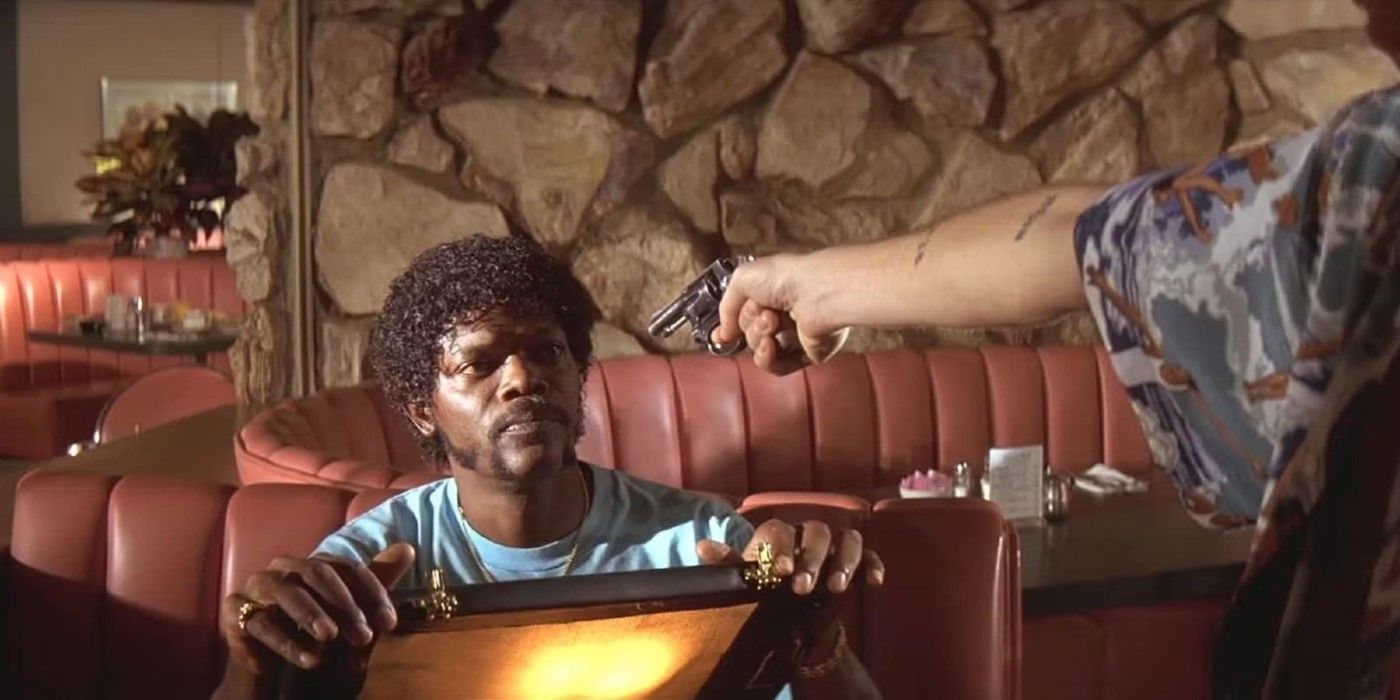
The film that cemented Quentin Tarantino as one of Hollywood’s most iconic directors, Pulp Fiction is one of the definitive action crime dramedies. Telling a series of interconnected stories out of order inspired by classic pulp magazine stories, Pulp Fiction primarily focuses on hitmen Jules Winnfield (Samuel L. Jackson) and Vincent Vega (John Travolta), corrupt prizefighter Butch Coolidge (Bruce Willis) and the people they interact with in their less than legal lives, friends, enemies and lovers alike.
In some respects, Forrest Gump, a drama about a simple-minded man living through some of the 20th century’s most defining moments, is a more obvious choice for the film to win Best Picture, but the fact that Pulp Fiction won the Palme d’Or at the Cannes Film Festival makes the distinction somewhat more prominent. In spite of its deliberately pulpy aesthetic, it still has ideas about humanity in those on the outer edges of what we call the human race.
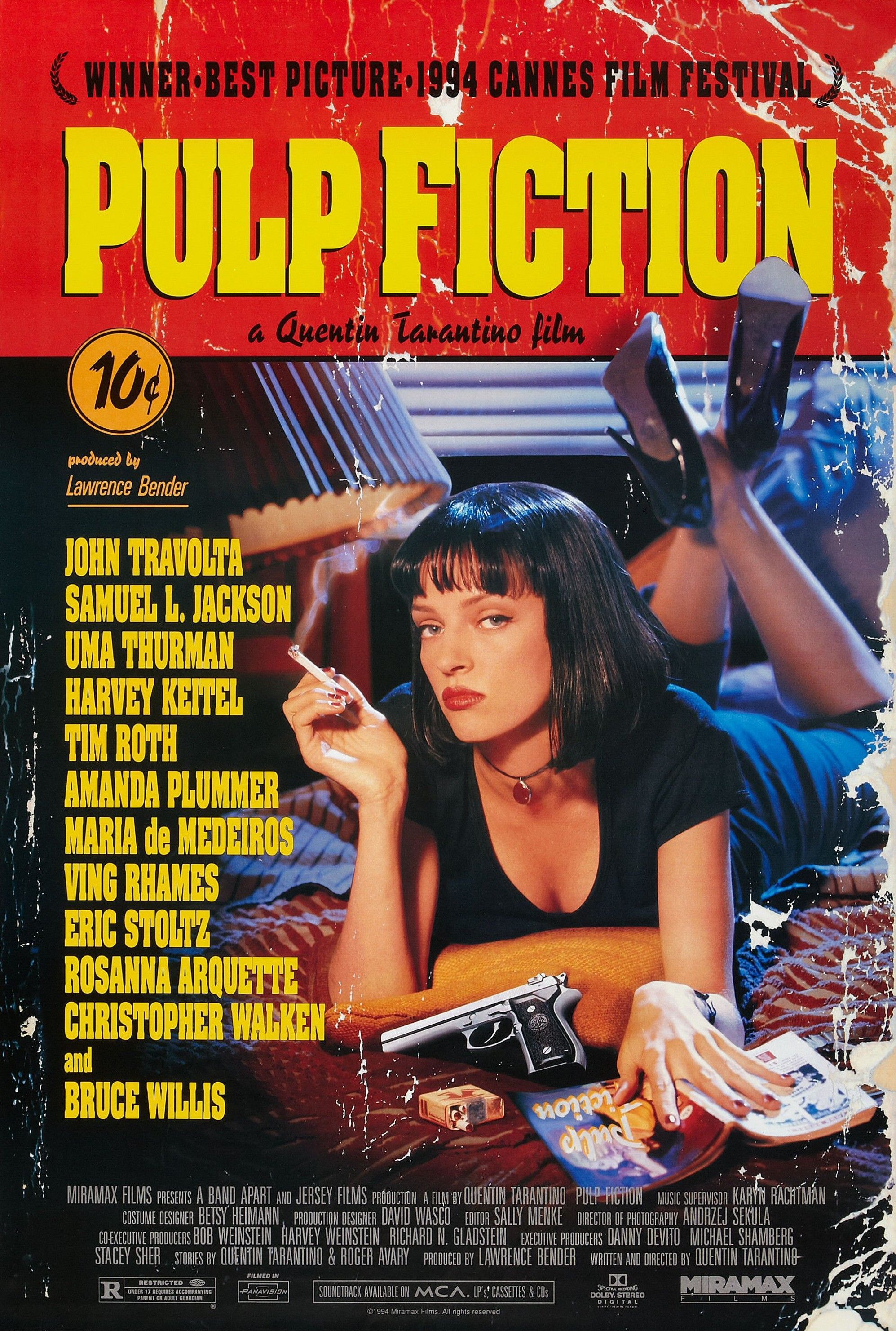
Pulp Fiction
- Release Date
-
October 14, 1994
- Runtime
-
154 minutes
9
‘Beauty and the Beast’ (1991)
Lost to ‘The Silence of the Lambs’
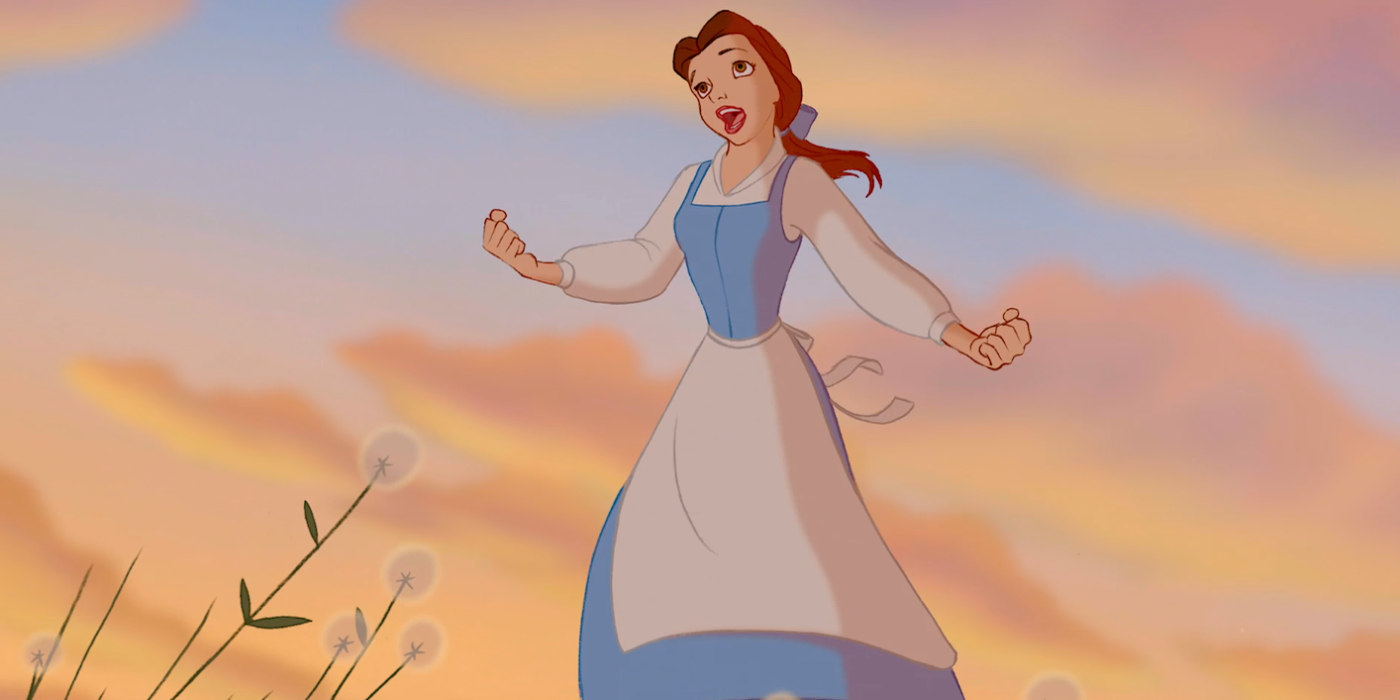
The first ever animated film nominated for Best Picture, Beauty and the Beast is a Disney masterpiece. Belle (Paige O’Hara) is the most beautiful girl in town, but she’s still somewhat of an outcast due to her interest in books. When her father is captured by a hideous Beast (Robby Benson) in a castle, Belle volunteers to take his place. But in a tale as old as time, Belle and the Beast begin to bond with each other, eventually falling in love with each other.
Beauty and the Beast made headlines for its nomination, and when it won the Golden Globe for Best Motion Picture – Musical or Comedy, it seemed likely it was going to win. Unfortunately, a reported trend of the Oscars disrespecting animation as kids’ stuff started when it promptly lost to the horror crime drama The Silence of the Lambs. To be clear, The Silence of the Lambs is a great horror film and one of the best movies ever made, but who knows how film history could have been impacted if Beauty and the Beast won instead?
8
‘The Wizard of Oz’ (1939)
Lost to ‘Gone With the Wind’
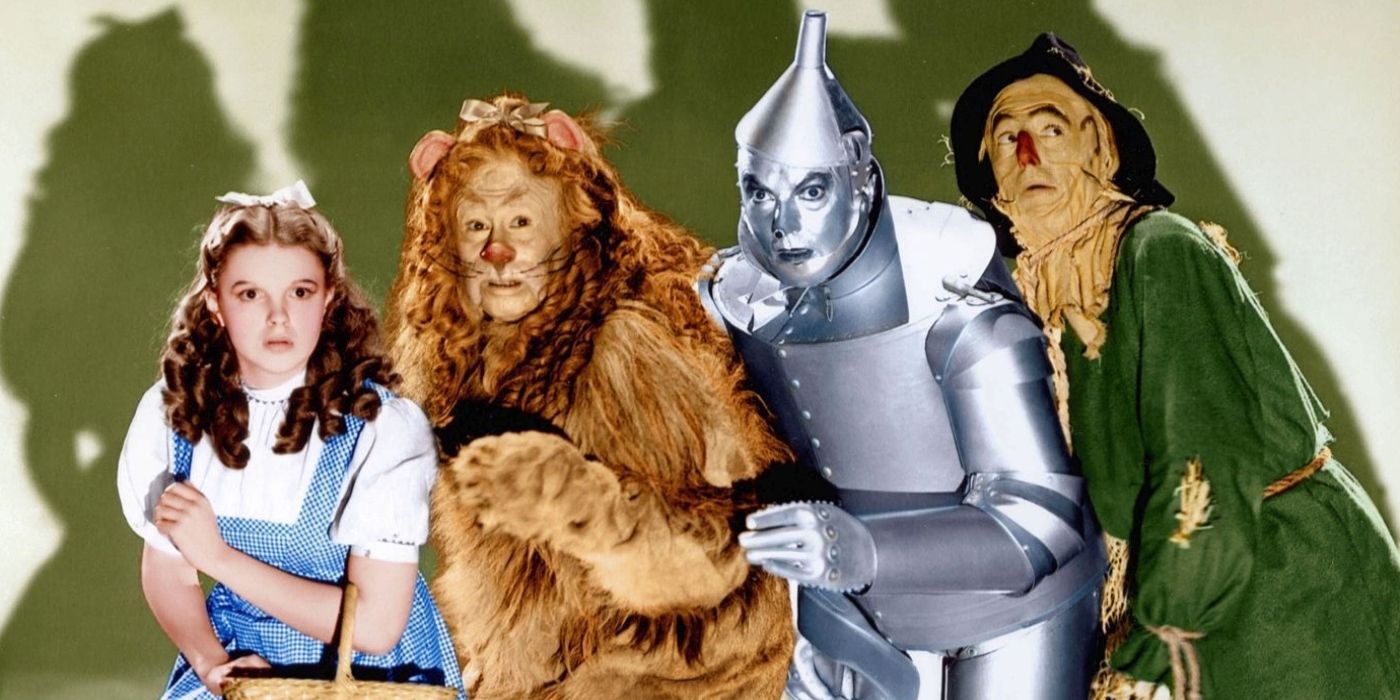
On a dreary farm in Kansas, young girl Dorothy Gale (Judy Garland) dreams of finding more beyond her backyard. But her wish is granted in the freakiest way possible when a tornado carries her house away with her and her dog inside. Landing in the colorful, magical Land of Oz, Dorothy must seek the aid of the land’s fabled Wizard (Frank Morgan) to get back home. Bringing a brainless Scarecrow (Ray Bolger), a heartless Tin Man (Jack Haley), and a Cowardly Lion (Bert Lahr) along for the ride, they run afoul of talking trees, flying monkeys, and a terrifying Wicked Witch (Margaret Hamilton).
Contrary to popular belief, The Wizard of Oz was a hit during its day but was overshadowed by MGM’s other big hit of the year – Gone with the Wind, a Civil War romance drama. While Gone with the Wind is still a highly-regarded film, its divisive politics and lack of resonance with most modern audiences have kept it from having the same pedigree as The Wizard of Oz.
Lost to ‘Gandhi’
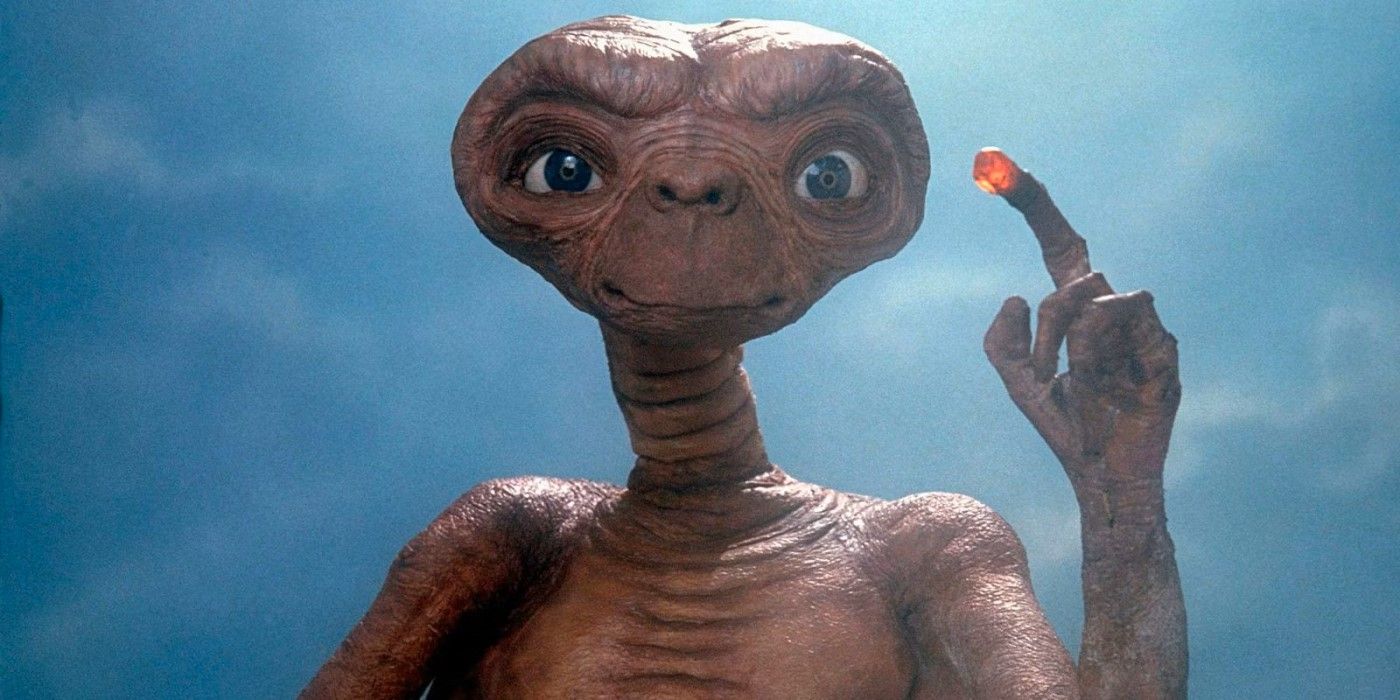
Possibly Steven Spielberg’s most acclaimed film, E.T. The Extra-Terrestrial still endures as a classic despite its Best Picture loss. Lonely 10-year-old Elliot Taylor (Henry Thomas) has just made a new friend. He’s lost, he’s totally alone, and he’s three million light-years from home. Elliot and the creature, dubbed E.T. by him and his siblings, begin to bond as they figure out a way for E.T. to contact his home planet and avoid the wrath of government agents seeking to dissect and experiment on him.
Given that it was the highest-grossing film of all time for a while after its release, this led many to expect E.T. to win the Best Picture Oscar, only for it to lose to Gandhi, a biopic about the titular civil rights leader. Even Gandhi’s director, Richard Attenborough, would repeatedly express later in life that he thought E.T. should have won both Best Picture and Best Director.
6
‘Sunset Boulevard’ (1950)
Lost to ‘All About Eve’
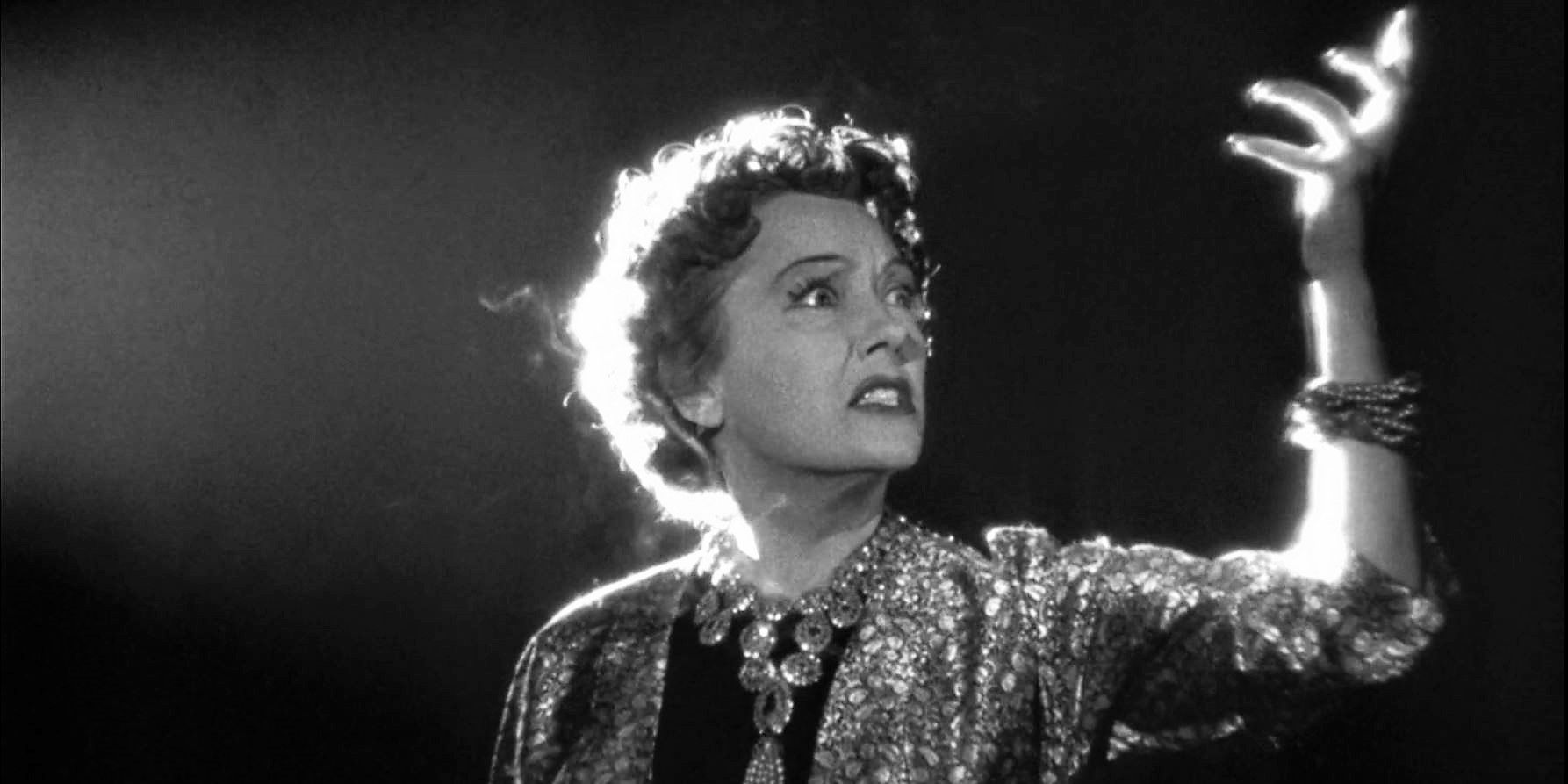
Sunset Boulevard is a film noir that tells the dark side of Hollywood stardom. Struggling writer Joe Gillis (William Holden) winds up in the home of fading silent film star Norma Desmond (Gloria Swanson). Stuck in the past in almost every way, Norma has been planning her comeback in a project that’s in desperate need of a script editor. Joe complies and is roped into a tempestuous working, and later one-sided romantic, relationship. When he tries to escape her web, Norma unwittingly puts the final coffin in her career for good.
Sunset Boulevard was a bold film in its day, confronting the egregious aging and beauty standards held by an industry content to chew up talent and spit them out. While Gloria Swanson earned a much-deserved Oscar for her tragically villainous role, the film itself lost out to All About Eve. Ironically, that film tells a similar tale of an aging actress dealing with the fallout of her career, albeit as the heroic victim of a crazed fan.
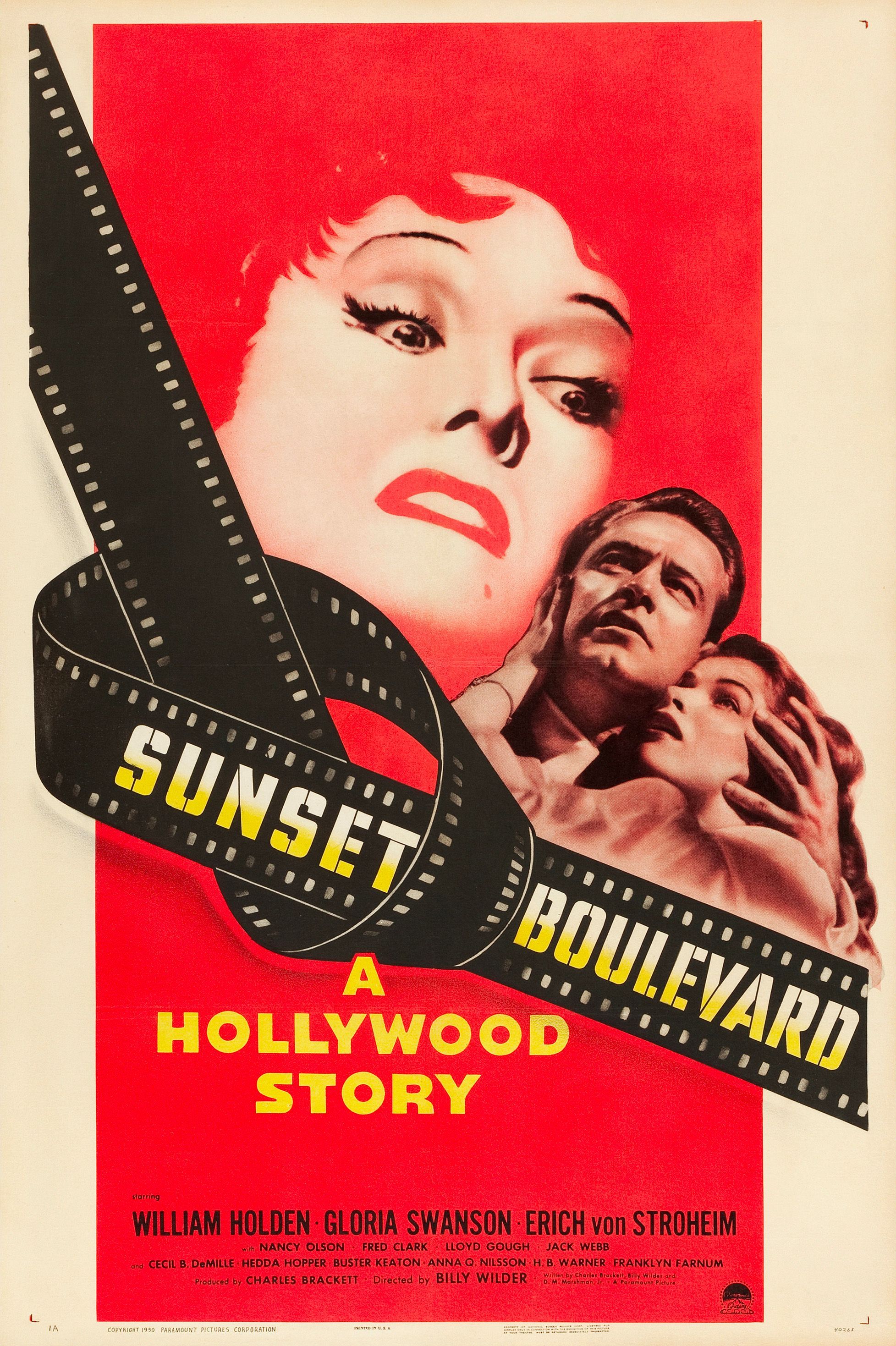
Sunset Boulevard
- Release Date
-
August 10, 1950
- Runtime
-
110 Minutes
-

William Holden
Joe Gillis
-

Gloria Swanson
Norma Desmond
5
‘Apocalypse Now’ (1979)
Lost to ‘Kramer vs. Kramer’
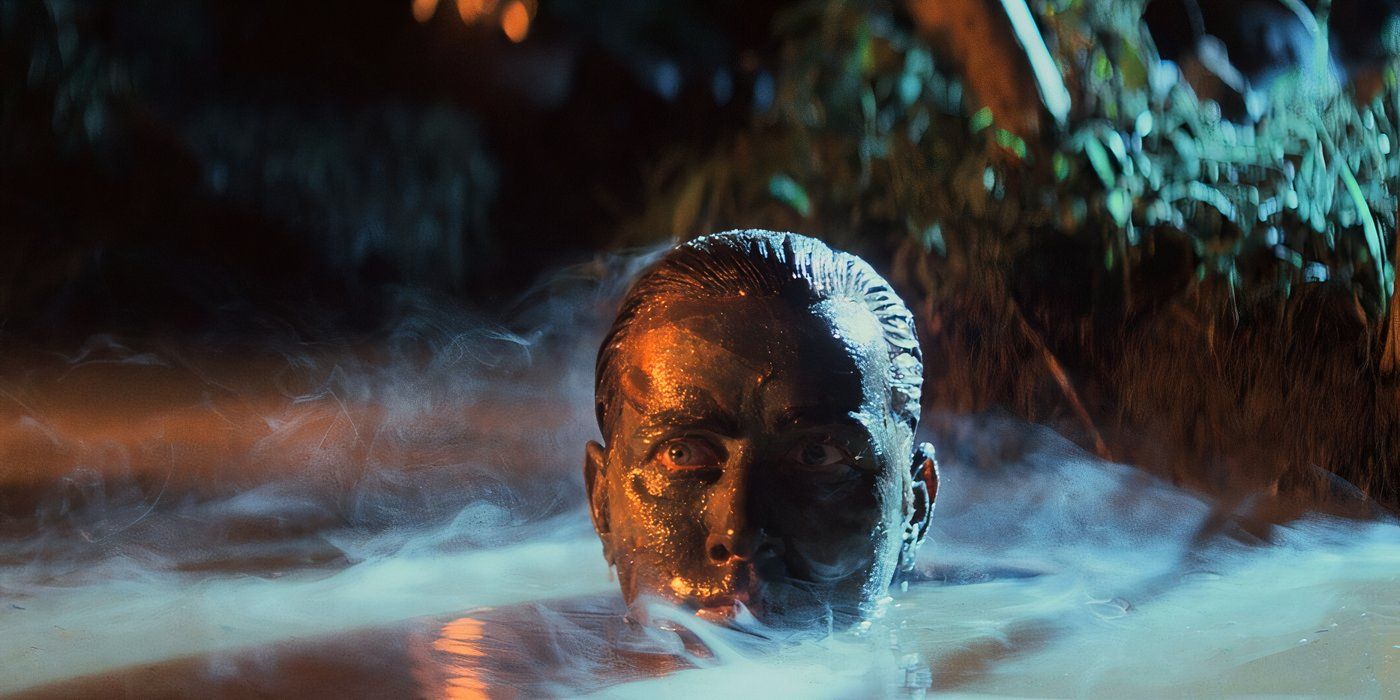
Taking the setting of Joseph Conrad’s seminal book Heart of Darkness and re-setting it in the Vietnam War, Apocalypse Now tells a story of violence, war, and the darkness in the hearts of men. Captain Benjamin Willard (Martin Sheen) is sent to kill Walter Kurtz (Marlon Brando), a colonel who has gone insane and started a cult in the jungles of Cambodia. The closer he gets to his target, the more he begins to understand Kurtz’s disturbing philosophy and the cost of all the horrors they’ve both seen.
While Apocalypse Now didn’t win Best Picture, given the absolute hell that Francis Ford Coppola and the company went through just to get this film finished, it’s safe to say that the acclaim, awards, and Palme d’Or were more than enough for it to claim victory as the film for the year. That’s not to say the completion wasn’t a tough match either – Kramer vs. Kramer is still an excellent movie that tackles divorce in a nuanced manner, but Apocalypse Now is still the definitive Vietnam film.
4
‘Dr. Strangelove or: How I Learned to Stop Worrying and Love the Bomb’ (1964)
Lost to ‘My Fair Lady’
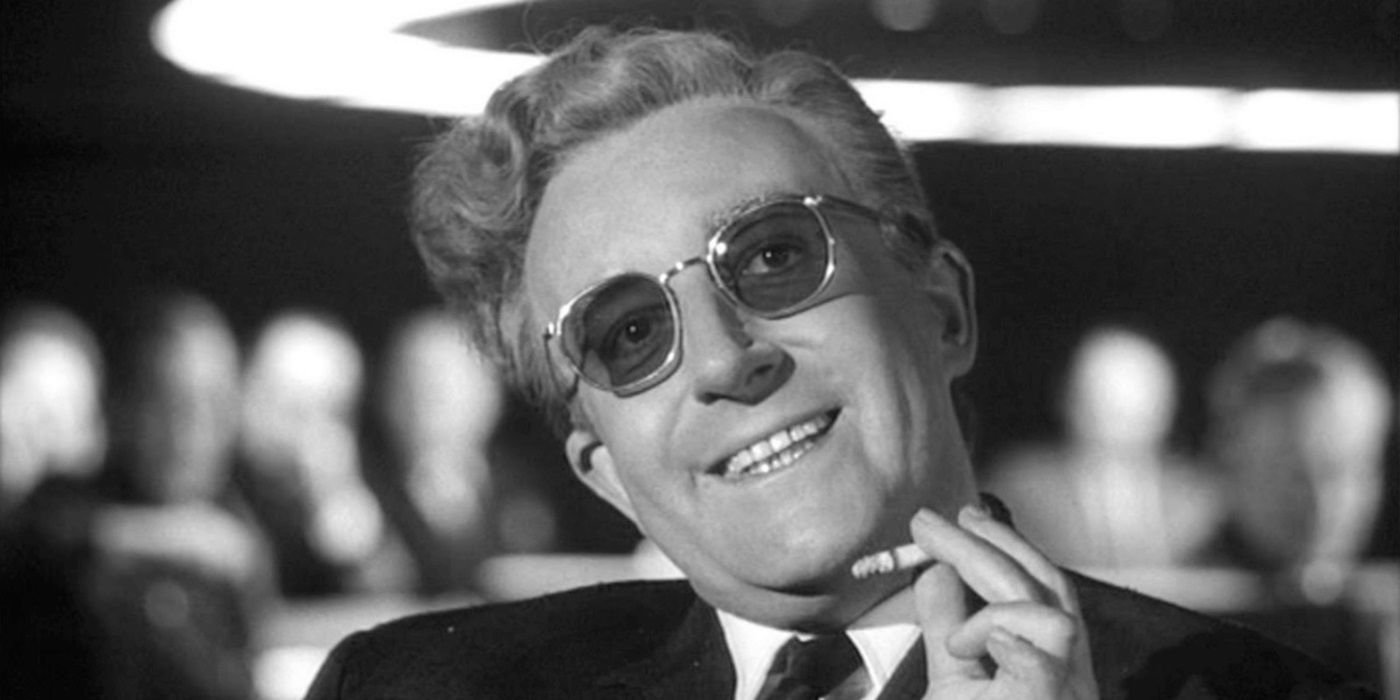
Directed and written by Stanley Kubrick, Dr. Strangelove is a plot formulated like a series of dominoes. It’s all set into motion when a crazy U.S. general decides to launch an attack on the Soviet Union because they are supposedly polluting the water. Realizing this could lead to the start of a nuclear wall, the President (Peter Sellers) brings in his chief aides, including ex-Nazi scientific officer Dr. Strangelove (Peter Sellers), to see what they can do about the situation.
Dr. Strangelove is a hilarious and terrifying glimpse at exactly what could be happening in the room with the buttons that could destroy the world. Given the heavy subject matter, it’s not a complete surprise to know that it lost to the film adaptation of the beloved Broadway show My Fair Lady, a light musical about a woman receiving elocution lessons in Edwardian London. But Dr. Strangelove has aged somewhat stronger, with its themes and plotline being startlingly relevant.
3
‘Citizen Kane’ (1941)
Lost to How ‘Green Was My Valley’
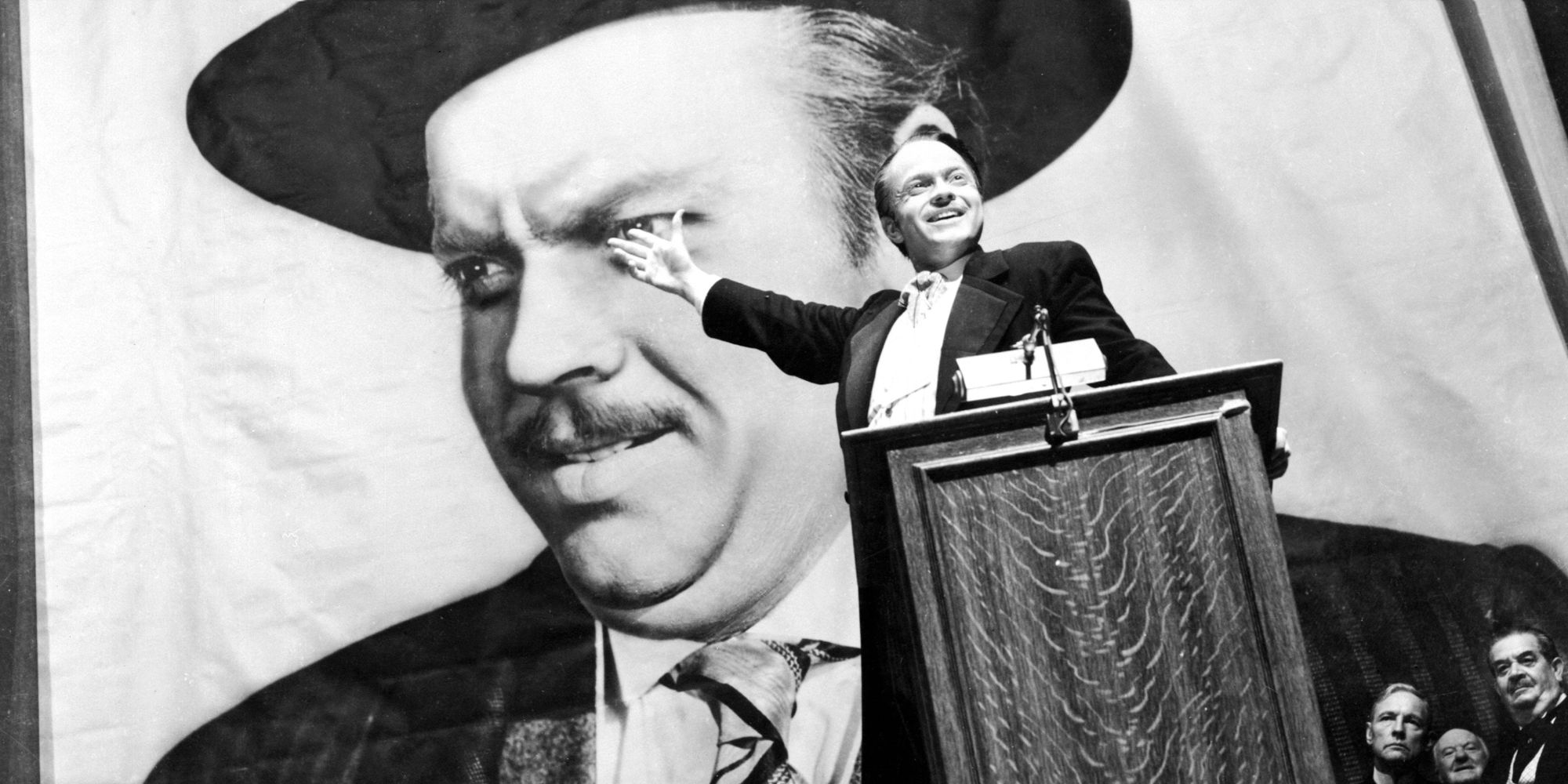
Hard to believe that what many call the greatest film ever made did not, in fact, win Best Picture, isn’t it? Citizen Kane tells the life story of Charles Foster Kane (Orson Welles), told by the people who knew him the best. Each person paints a slightly different portrait of the man, from a great American citizen, a generous friend, a terrible husband, and a man forever searching for something he lost a long time ago.
Citizen Kane received a positive response from critics even at the time of its release, but the film’s failure to break even, partly due to William Randolph Hearst’s mission to suppress the film’s promotion, may have contributed to its loss to the period family drama How Green Was My Valley. Thankfully, Citizen Kane’s legacy has endured to the point where if somebody doesn’t put it on a Best Movies Ever Made list, then they’re clearly doing something wrong.
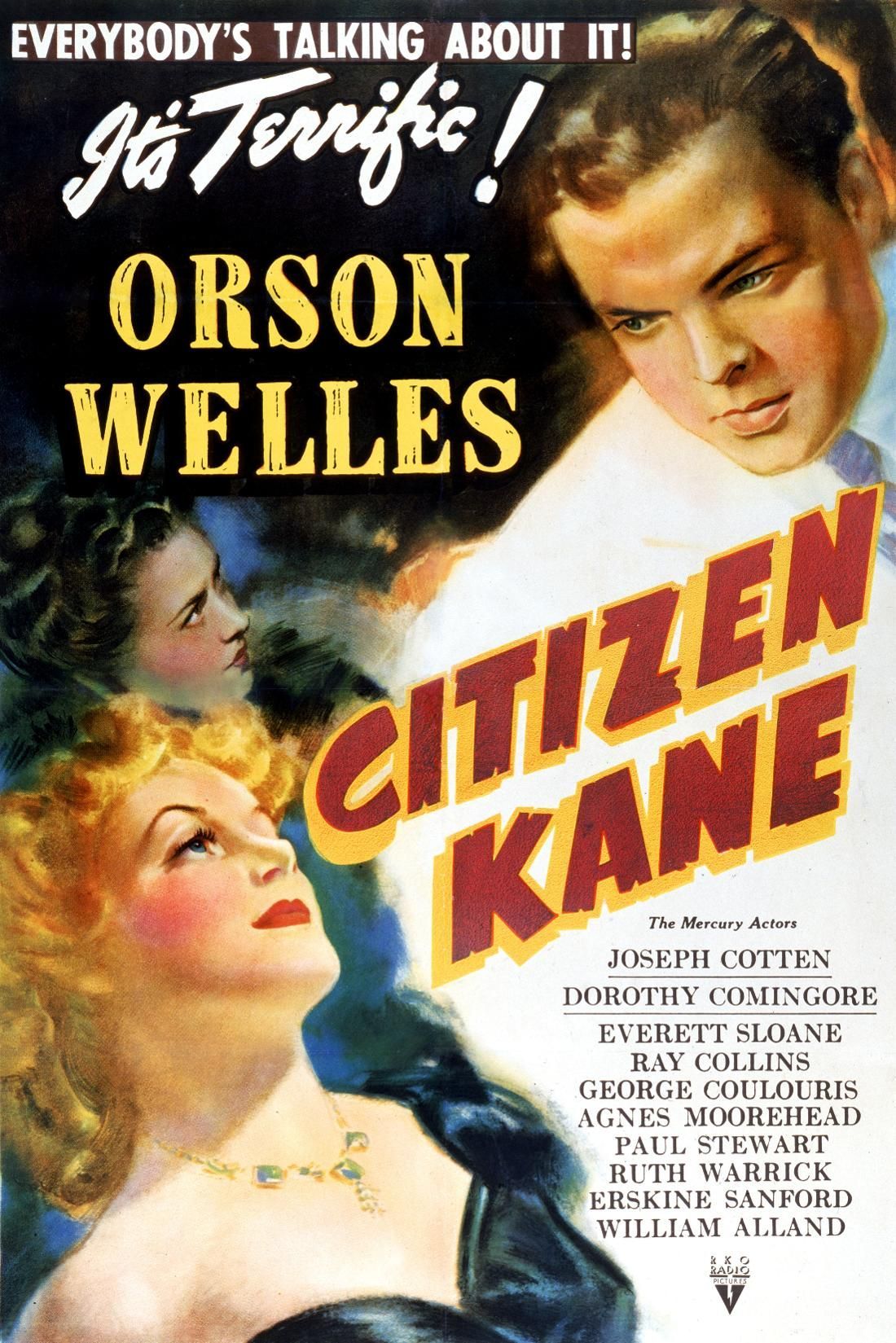
Citizen Kane
- Release Date
-
April 17, 1941
- Runtime
-
119 minutes
2
‘BlacKkKlansman’ (2018)
Lost to ‘Green Book’

Ron Stallworth (John David Washington) is the first black cop hired into the Colorado Police Force. One day, while working in the records room, he decides to begin a Herculean task: infiltrate the local chapter of the Ku Klux Klan and disrupt it from the inside out. Teaming up with Jewish officer Flip Zimmerman (Adam Driver), Stallworth poses as a white man, corresponding with many Klan members – including grand wizard David Duke (Topher Grace).
Based on an insanely true story, BlacKkKlansman is a satirical comedy that nonetheless takes the threat of white supremacy seriously, which makes it all the more ironic that it lost to Green Book, a movie about a white bouncer driving a black musician through the 1960s south. While both Green Book and BlacKkKlansman tackle racism, the latter got much better reactions for its challenging story, more nuanced take on the subject matter, and more respectful treatment of the historical facts.
1
‘Goodfellas’ (1990)
Lost to ‘Dances With Wolves’
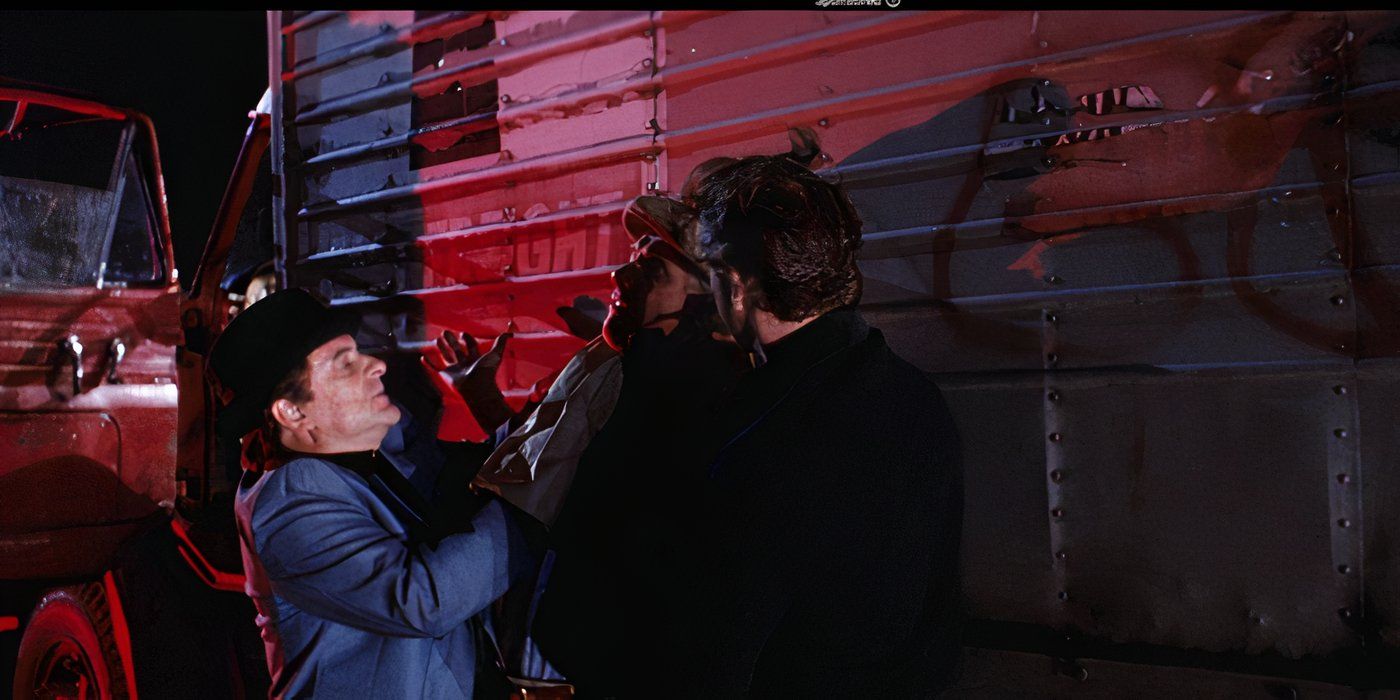
Perhaps the most iconic film of Martin Scorcesse’s career, Goodfellas is one of the definitive gangster movies. Based loosely on the book Wiseguy, the film tells the story of Henry Hill (Ray Liotta), a man enamored with the gangster lifestyle. We see his rise through the crime underworld, his work with associates Tommy DeVito (Joe Pesci) and Jimmy Conway (Robert De Niro), and his eventual downfall and doomed fate of being forced to end his career and live as a ‘schnook’.
Goodfellas is a gritty yet undoubtedly stylish gangster movie, but it couldn’t quite manage to convince the Academy voters to give it the winning shot. Dances with Wolves may have gone home with the award that night, but Goodfellas has become far more well-regarded amongst general audiences and critics, in no small part due to its inventive cinematography, genre-defining performances, and honest depiction of what the lives of some morally unscrupulous people inevitably leads to.
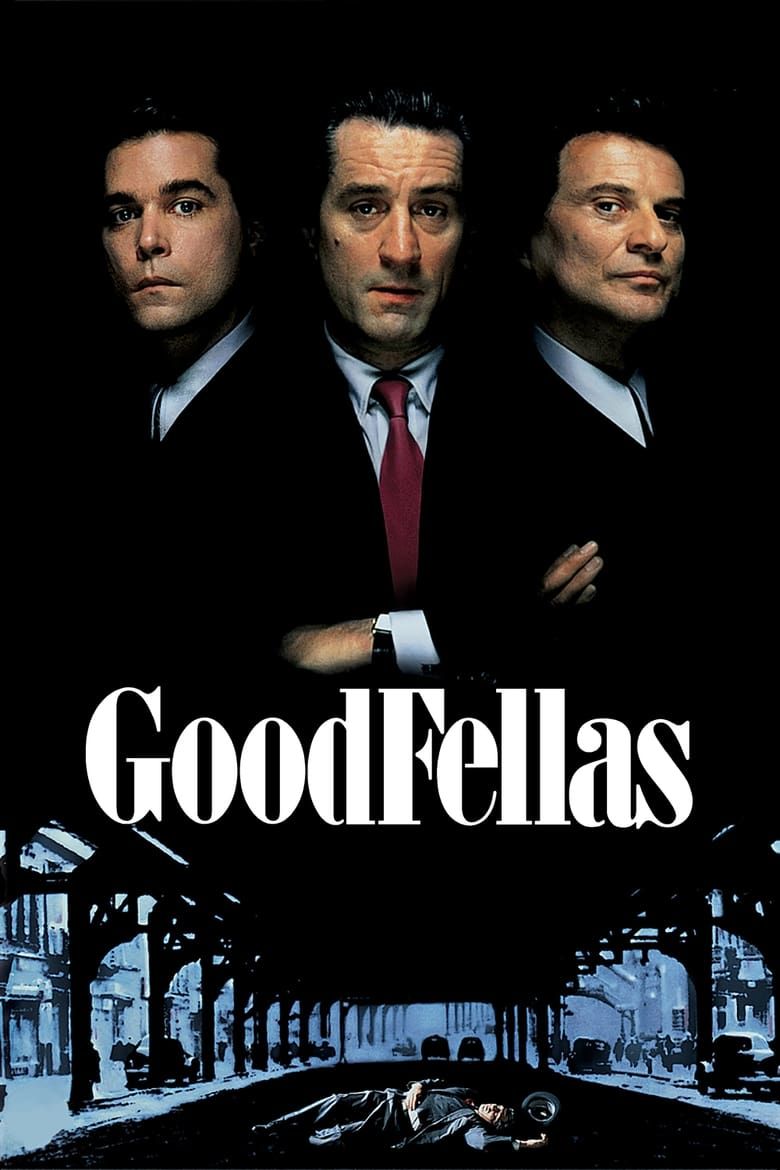
Goodfellas
- Release Date
-
September 19, 1990
- Runtime
-
145 minutes
Next: The 10 Best Oscar-Winning Performances of All Time, Ranked

